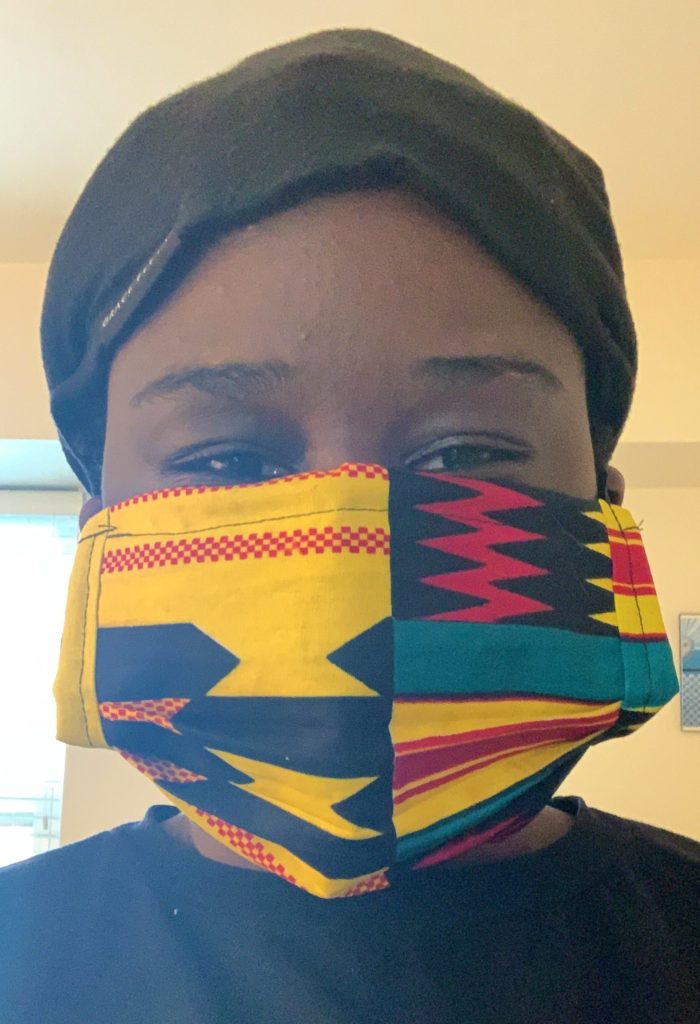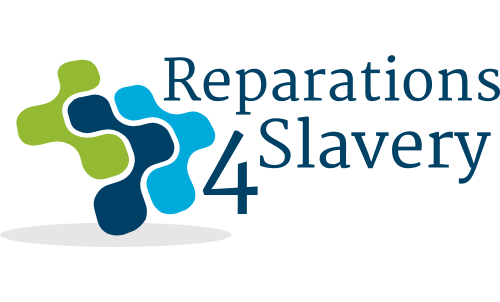Reparations and the Coronavirus – Financial Impacts to Black Communities and a White Path Toward Repair

There is an old saying, “When white folks catch a cold, black folks get pneumonia.” This saying encapsulates deeply rooted disparities embedded in our economic system, historically intertwined with slavery and racism. The worst effects of historic disinvestment in our communities is evident right now, both in economic impacts to Black-owned businesses and in disastrous health outcomes, as Black communities battle the coronavirus.
A Quiet Trend in Personal Reparations
As the situation worsens, a quiet trend in personal reparations has begun on social media platforms. Reparations-giving platforms on Facebook, including Reparations Requests and Offerings, a site created by artist Natasha Marin, and Rise District, a site run by racial justice activist Jennifer Allison, are helping young Black people stay afloat – and providing white people a personal path toward repair.
“I tell white people: your journey towards being an antiracist has to be active. Reparations giving is a way for you to be active, to hold yourself accountable and start understanding what it is like to be Black, to see the harm that Black people face from the system, from white women, from white men, from just being alive.”
– Jennifer Allison
COVID-19 has been touted in the media as “The Great Equalizer,” but over the last two weeks, morbidity and mortality rates show that the impact to Black communities is anything but equal. The virus has exposed our nation’s shortcomings and corporate greed, for sure, but more critically, it is killing us at a rate nearly three times greater than our white peers. Further, it is already apparent that this pandemic may bankrupt entire communities of color. With the complications of applying for SBA grants, compounded with the many other barriers that continue to plague Black entrepreneurs, many of the gains we’ve made toward self-sufficiency, toward investing in our own communities, and toward passing down wealth may have been wiped out overnight.
“Capitalism does not permit an even flow of economic resources. With this system, a small privileged few are rich beyond conscience, and almost all others are doomed to be poor at some level. That’s the way the system works. And since we know that the system will not change the rules, we are going to have to change the system.”
– Martin Luther King, Jr.
For now, I am in a place of financial privilege – but, if this had happened even just a year ago, I too would need financial assistance to keep a roof over my head and food on my table.
A Call to Action
What is abundantly clear is that none of us can return to the pre-coronavirus “normal,” a state that has disproportionately impacted Black lives. Our relationship with both our economic structures and the natural world must change. In the new normal, we must conserve and share resources and band together to support Black-owned businesses. This is a time to look inward; to regain the inner strength we need to unify our voices in the name of repair.
Ultimately, a great time of adjustment is upon us; as the financial chasm widens and exposes structural inequality, white people must begin the process of atonement, of balancing the books.
As for my people? We must demand recompense for what should have been ours all along – from our right to economic equity, down to the most basic right of all, the wellbeing of our own bodies.
Micro-Reparations
What’s a micro-reparation? It’s the opposite of a micro-aggression: a simple way for white people to show support and advocate for the well-being of African Americans, while we all work to effect long term social change.
Has your family been blessed with financial stability during the pandemic? Consider partnering with any of these projects or organizations to extend those blessings to African Americans, who have been hard-hit during the pandemic.
Reparations Requests and Offerings – a Face Book group dedicated to direct repair; consider responding to direct requests or in common-needs pools for things like housing or diapers.
Modmin Tip Pool – funds RRO’s volunteer admin team
Shelter Pool – funds shelter for people experiencing homelessness
Parent Pool – funds supplies like diapers and other parent essentials
LGTBQ+ Pool – funds supplies like binders and other LGTBQ+ needs
Reparations Roundtable – A FaceBook group of white and white presenting folks dedicated to the educational as well as direct giving aspects of reparations work, including COVID-19 direct needs funding.
BET and United Way COVID-19 Relief Fund – Join BET and United Way in supporting COVID-19 relief for African Americans in the cities most impacted: New York City, Atlanta, New Orleans, Detroit and Chicago.
Masks 4 America – Join racial justice activist Saira Rao in providing PPE for New York health care facilities.
RIP Medical Debt – COVID Fund – Join others in support of this innovative fund, which relieves people of crippling medical debt; a new fund supporting elimination of first responder and COVID-related medical debt has just opened.
Showing Up For Racial Justice – Join with SURJ members to support Black-led 501cs working at the forefront of racial justice and impacted by the pandemic. 501c3s have been deeply impacted by COVID-19.
Is this philanthropy? No, it’s repair: a distinction all white people need to grapple with in regard to deploying our resources, whether intentionality, time or money
